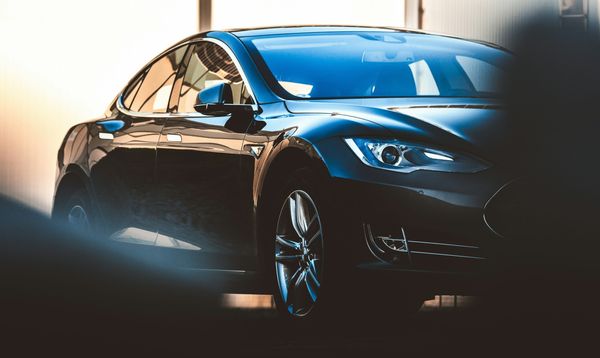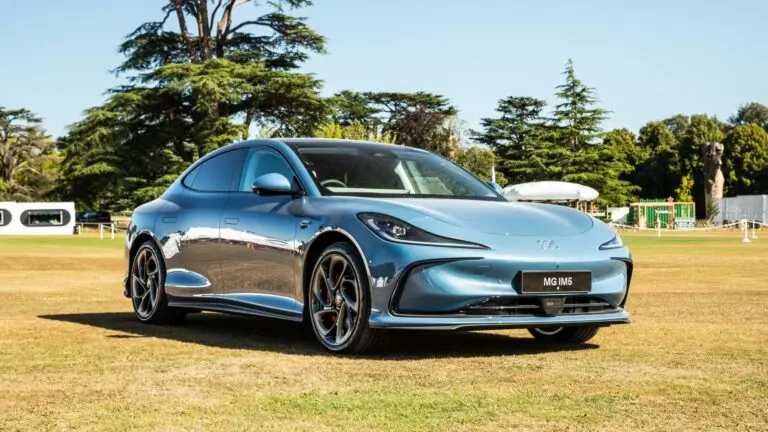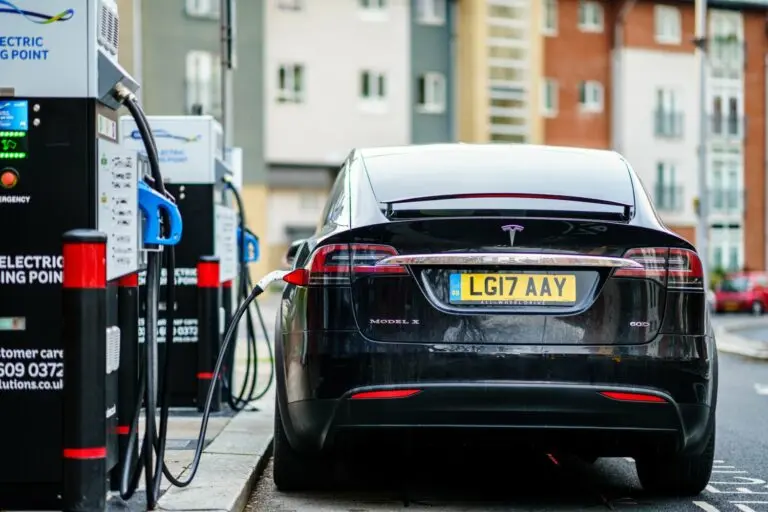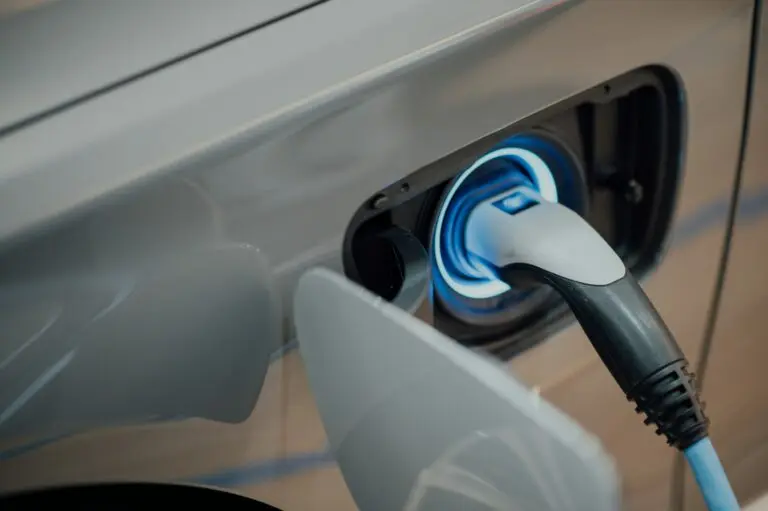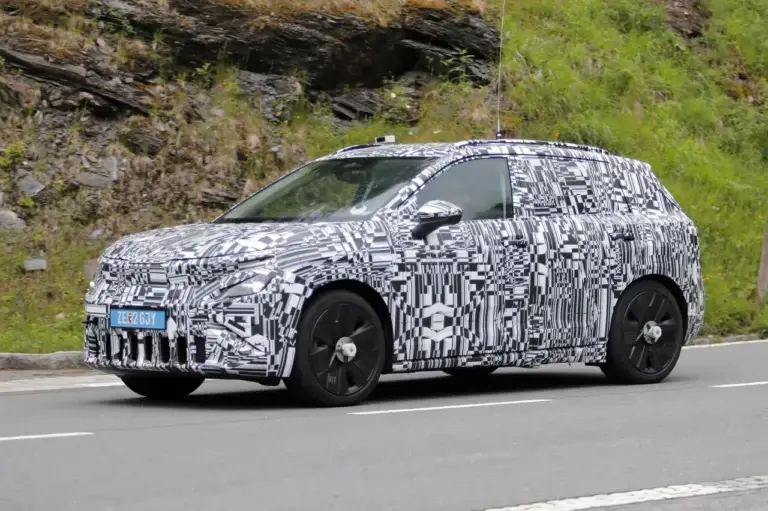Increased amounts, a new financing system and the maintenance of eligibility criteria: the ecological bonus will change from 1st July 2025. Without calling its existence into question, the government is modifying its architecture to make it more sustainable, without dipping further into the State budget. Here are the key points to remember.
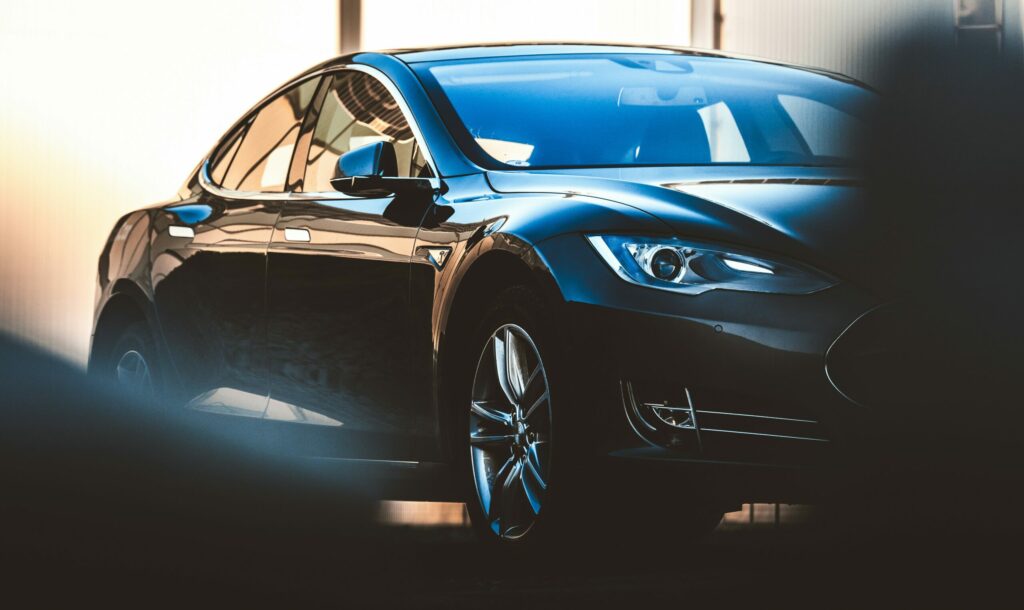
A new source of funding: energy suppliers in the driving seat
Since 1st July, the ecological bonus is no longer financed by the State, but via the Certificats d’Économies d’Énergie (CEE), a scheme requiring energy suppliers to contribute to the financing of the ecological transition.
According to the French Ministry for Ecological Transition, the aim of this change is to ensure the long-term future of the scheme, while applying the « polluter pays » principle. The aim is also to relieve public finances while maintaining strong support for the electrification of the car fleet.
Amounts revalued for all households
The bonus is now more generous for all households, whatever their level of tax income. There is even a significant increase for the most affluent households, who will receive a level of assistance comparable to that in 2023.
| Reference tax income per unit | Before | Since 1st July 2025 |
| Low-income households (deciles 1 to 5) | 4 000 € | 4 200 € |
| Middle classes (deciles 6 to 8) | 3 000 € | 4 200 € |
| Affluent households (deciles 9 to 10) | 2 000 € | 3 100 € |
The aim of the increase is to widen access to electricity without making a sharp break with the old scales.
Eligibility criteria unchanged
The conditions for qualifying for the bonus remain unchanged. The vehicle must be 100% electric, cost less than €47,000 including tax, weigh less than 2.4 tonnes, and have a sufficiently high environmental score.
This score still penalises models produced outside Europe, particularly Chinese electric cars. There are no plans to relax these criteria.
A transitional period until 30 September
Vehicles ordered before 1st July 2025 remain eligible for the old scheme if invoicing or the first rental takes place before 30 September.
The aim of this measure is to avoid a « cut-off » effect for buyers and to avoid penalising delivery times. Dealers had been calling for this buffer period.
Social leasing back in action this autumn
Suspended at the beginning of 2025, social leasing will return in September. It will enable certain low-income households to lease an electric vehicle for less than €100 a month over a three-year period.
This scheme, which has been relaunched alongside the new bonus, is designed to promote access to electric cars for households on limited incomes.
Things to remember
- The ecological bonus is now financed by energy suppliers via CEE.
- The amounts are increasing for all households, including the most affluent.
- The eligibility criteria remain unchanged.
- A transitional period has been set aside to secure old orders until 30 September.
- Social leasing makes a comeback in September for low-income households, until at least 2030.

